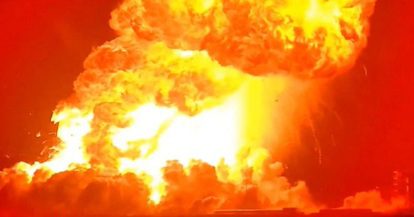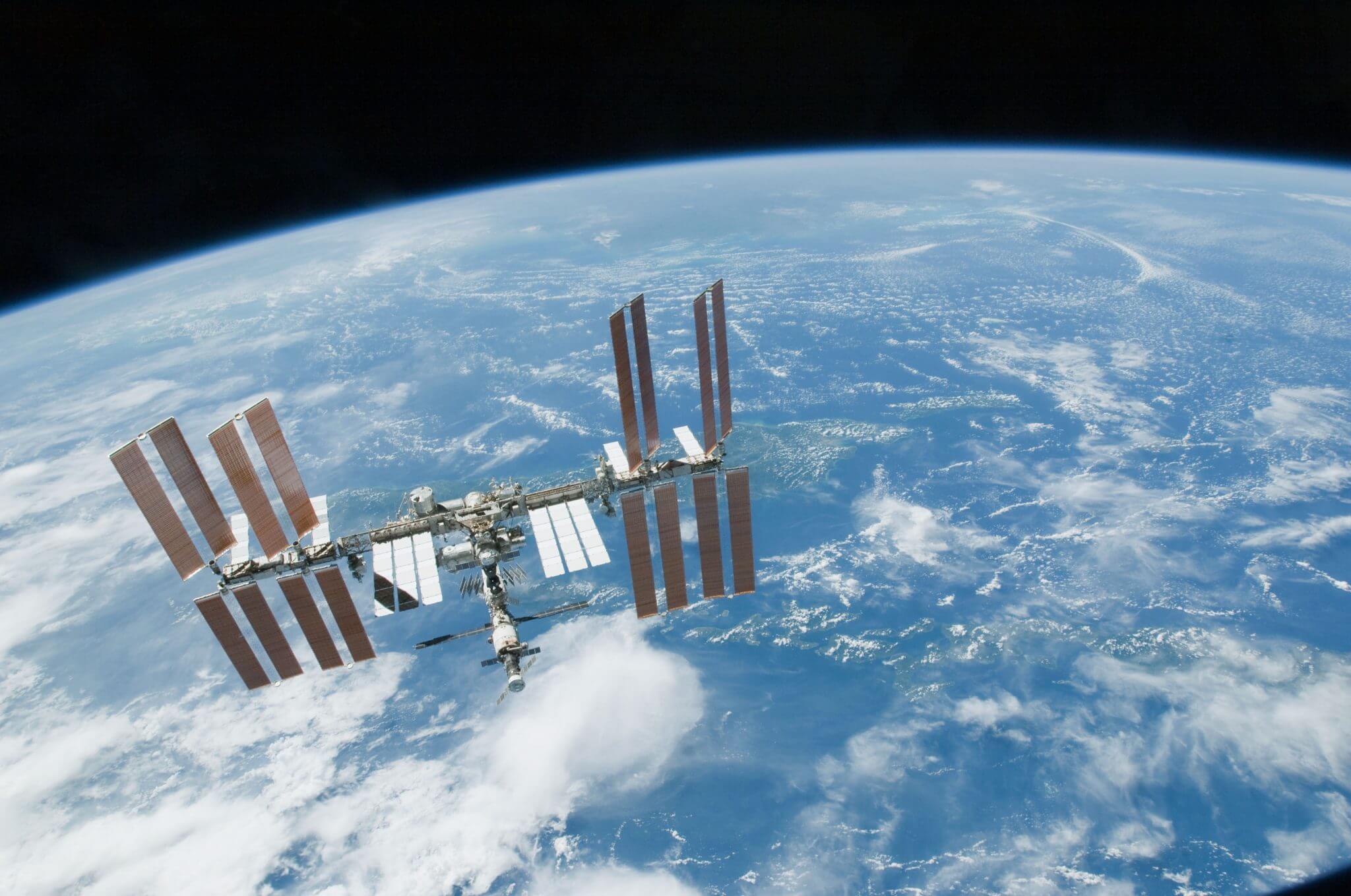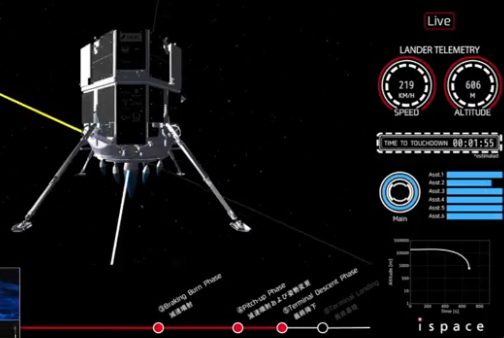The recent maiden flight successes of the Epsilon, Falcon 9 V1.1 and Kuaizhou seem to indicate that maiden (first) flights of launch vehicles are becoming more reliable. In fact, of these three, only the Epsilon is a “brand new” vehicle. Falcon 9 V1.1. is actualy a modified version of the standard Falcon 9 while the Kuaizhou is thought to be a derivative from a Chinese DF-21 ballistic missile.
Derivative and modified types should have better reliabilities than brand new launch vehicles which have a maiden loss rate of 50% since 1990. Nevertheless examination of more recent results below shows that maidens flown since 2000 have a better success rate with only 3/10 (30%) flights failing. This seems to indicated that brand new rockets are getting more reliable.
It should be noted that second flights (the second column) of new vehicles are also prone to failure with an overall failure rate since 1990 of 30%. The is always a “learning curve” in early flights when operators iron out the problems/teething troubles with their new launch vehicles.
Table 1: Launch vehicle related failures for brand new rockets since 1990.
| Launch Vehicle |
Maiden Launch Date |
1st |
2nd |
3rd |
4th |
5th |
Early flight failure rate (%) |
| Antares |
21/04/2013 |
OK |
OK |
– |
– |
– |
– |
| Ariane 5G |
04/06/1996 |
FAIL |
FAIL |
OK |
OK |
OK |
40 |
| Ariane 5GS |
11/08/2005 |
OK |
OK |
OK |
OK |
OK |
0 |
| Ariane 5ECA |
11/12/2002 |
FAIL |
OK |
OK |
OK |
OK |
20 |
| Athena 1 |
15/08/1995 |
FAIL |
OK |
– |
– |
– |
– |
| Atlas 3A |
24/05/2000 |
OK |
OK |
– |
– |
– |
– |
| Brazilian VLS |
02/11/1997 |
FAIL |
FAIL |
– |
– |
– |
– |
| Conestoga |
23/10/1995 |
FAIL |
– |
– |
– |
– |
– |
| Delta III |
27/08/1998 |
FAIL |
FAIL |
OK |
– |
– |
– |
| Delta IV |
20/11/2002 |
OK |
OK |
OK |
OK |
OK |
0 |
| Epsilon |
14/09/2013 |
OK |
– |
– |
– |
– |
– |
| Falcon 1 |
24/03/2006 |
FAIL |
FAIL |
FAIL |
OK |
OK |
60 |
| Falcon 9 |
04/06/2010 |
OK |
OK |
OK |
FAIL |
– |
– |
| H2 |
03/02/1994 |
OK |
OK |
OK |
OK |
OK |
0 |
| KSLV-1 |
25/08/2009 |
FAIL |
FAIL |
OK |
– |
– |
– |
| Long March 3A |
08/02/1994 |
OK |
OK |
OK |
OK |
OK |
0 |
| Long March 2E |
16/07/1990 |
FAIL |
OK |
OK |
OK |
OK |
20 |
| Long March 3B/3C |
14/02/1996 |
FAIL |
OK |
OK |
OK |
OK |
20 |
| M-V |
12/02/1997 |
OK |
OK |
FAIL |
OK |
OK |
20 |
| PSLV |
20/09/1993 |
FAIL |
OK |
OK |
FAIL |
OK |
40 |
| Pegasus |
05/04/1990 |
OK |
FAIL |
OK |
OK |
FAIL |
40 |
| Vega |
13/02/2012 |
OK |
OK |
– |
– |
– |
– |
| Failure Rate |
|
11/22 |
6/20 |
2/15 |
2/13 |
1/12 |
13/60 |
| Failure Rate (%) |
|
50.0 |
30.0 |
13.3 |
15.4 |
8.3 |
21.7 |
Source: Flightglobal/Ascend Space Review online publication






